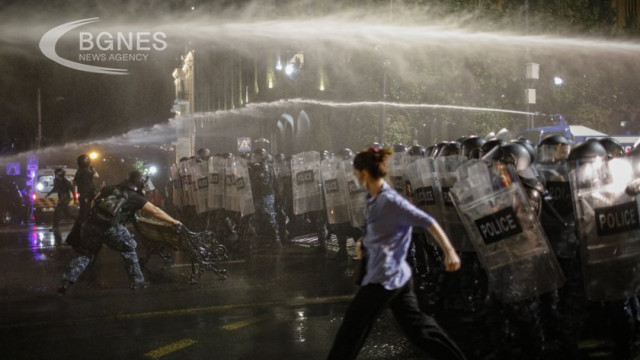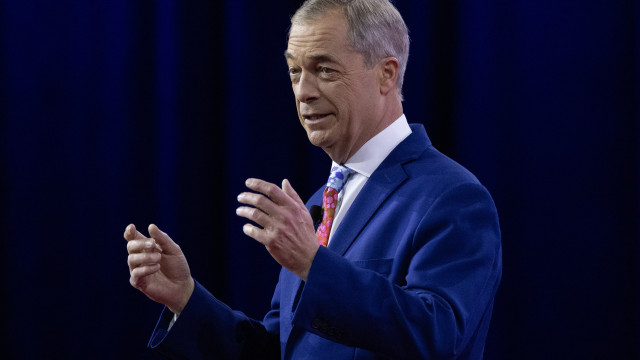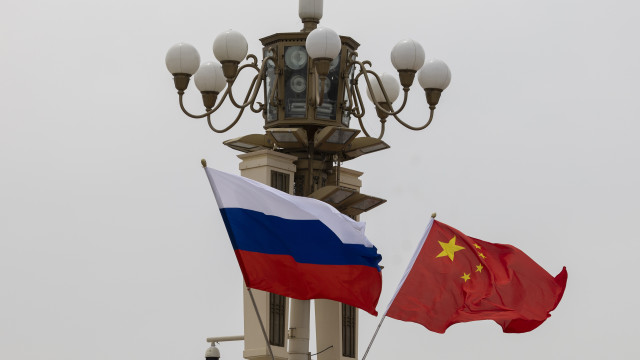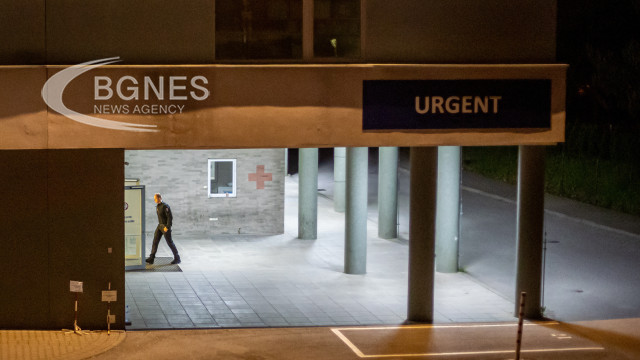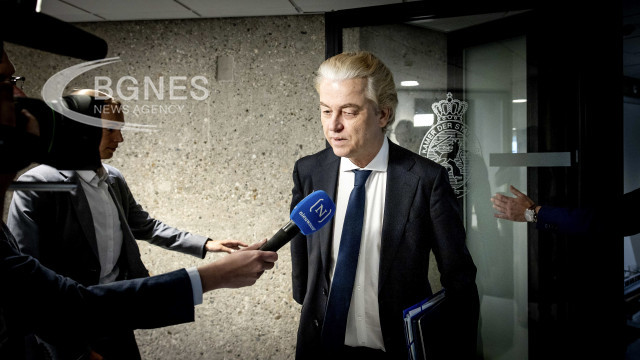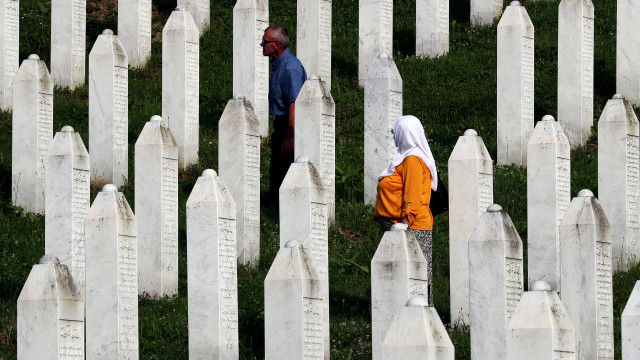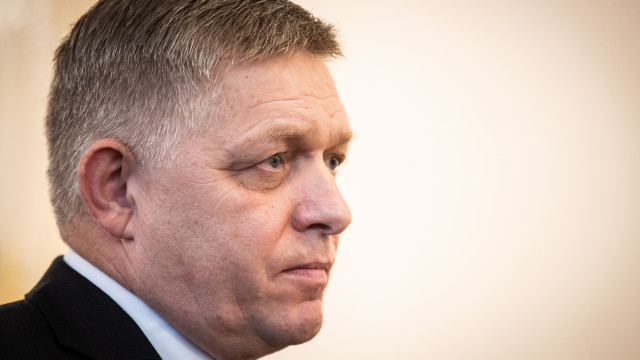Tens of thousands of people protested in Georgia against the controversial "foreign influence" bill.
Parliament also passed a second reading of the measure, which Brussels warned would harm Tbilisi's long-standing European aspirations, reported AFP.
The Black Sea Caucasus nation has been gripped by mass anti-government protests since April 9 after the ruling Georgian Dream party resumed plans to pass a law that critics say resembles repressive Russian legislation used to silence dissent.
The bill passed a second reading in parliament on May 1 by 83 to 23 votes, a day after police violently dispersed a demonstration against it, using tear gas, water cannons and rubber bullets and beating and arresting dozens of people.
EU chief Ursula von der Leyen condemned the violence and urged Georgia to stay on the path to Europe. “I am following the situation in Georgia with great concern and condemn the violence on the streets of Tbilisi,” von der Leyen wrote in X. “The Georgian people want a European future for their country. Georgia is at a crossroads. It must stay the course on the way to Europe."
Waving Georgian and European Union flags, tens of thousands of demonstrators gathered outside parliament, according to an AFP reporter on the ground. The national anthem of Georgia and the EU's Ode to Joy were performed at the rally.
Popular anger is growing
Later in the evening, police used pepper spray, tear gas and water cannons from the inner courtyard of the parliament building against hundreds of demonstrators who tried to block the side entrance of the parliament. "Their violence is senseless, the protest will only grow as popular anger grows against our government," protester Tato Gachechiladze, 20, told AFP. "Georgia belongs to Europe and we will not tolerate Russian laws and a pro-Russian government," he added.
Parliament said in a statement that it had "activated the red security level due to the attack on the MU building, which poses a threat to the lives and health" of people inside. An AFP reporter at the scene said there had been no attempts to attack the building, apart from an episode when a group of youths shook its massive gate.
The Interior Ministry said police used "special means provided for by law - pepper spray and water cannons - to restore law and order". Prime Minister Irakli Kobakhidze criticized Western politicians and diplomats for "slandering" the bill, which will only "increase the transparency of foreign funding of NGOs in line with European values." He accused Georgian civic groups of trying to organize revolutions "at least twice in the last three years" with Western funding. /BGNES

